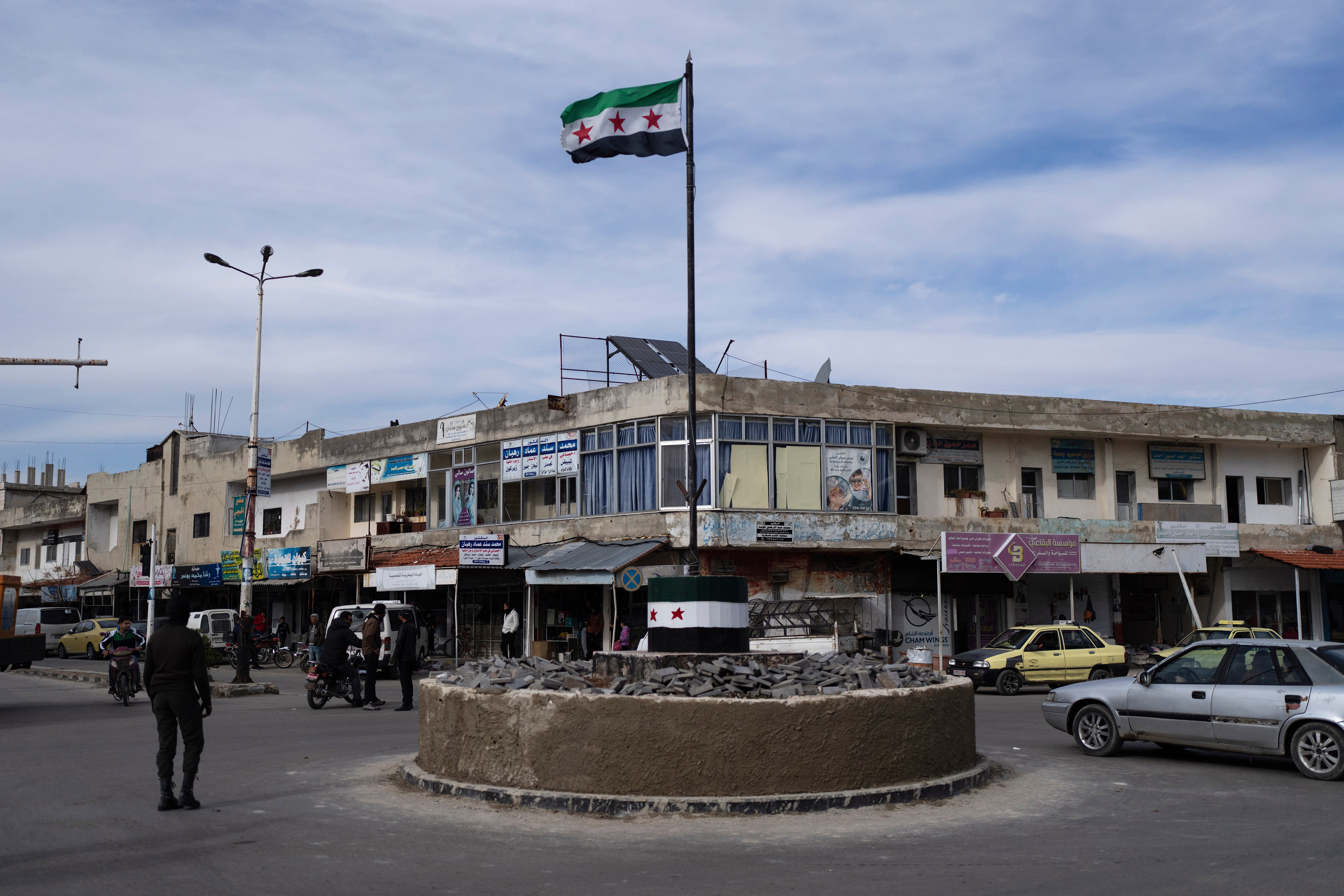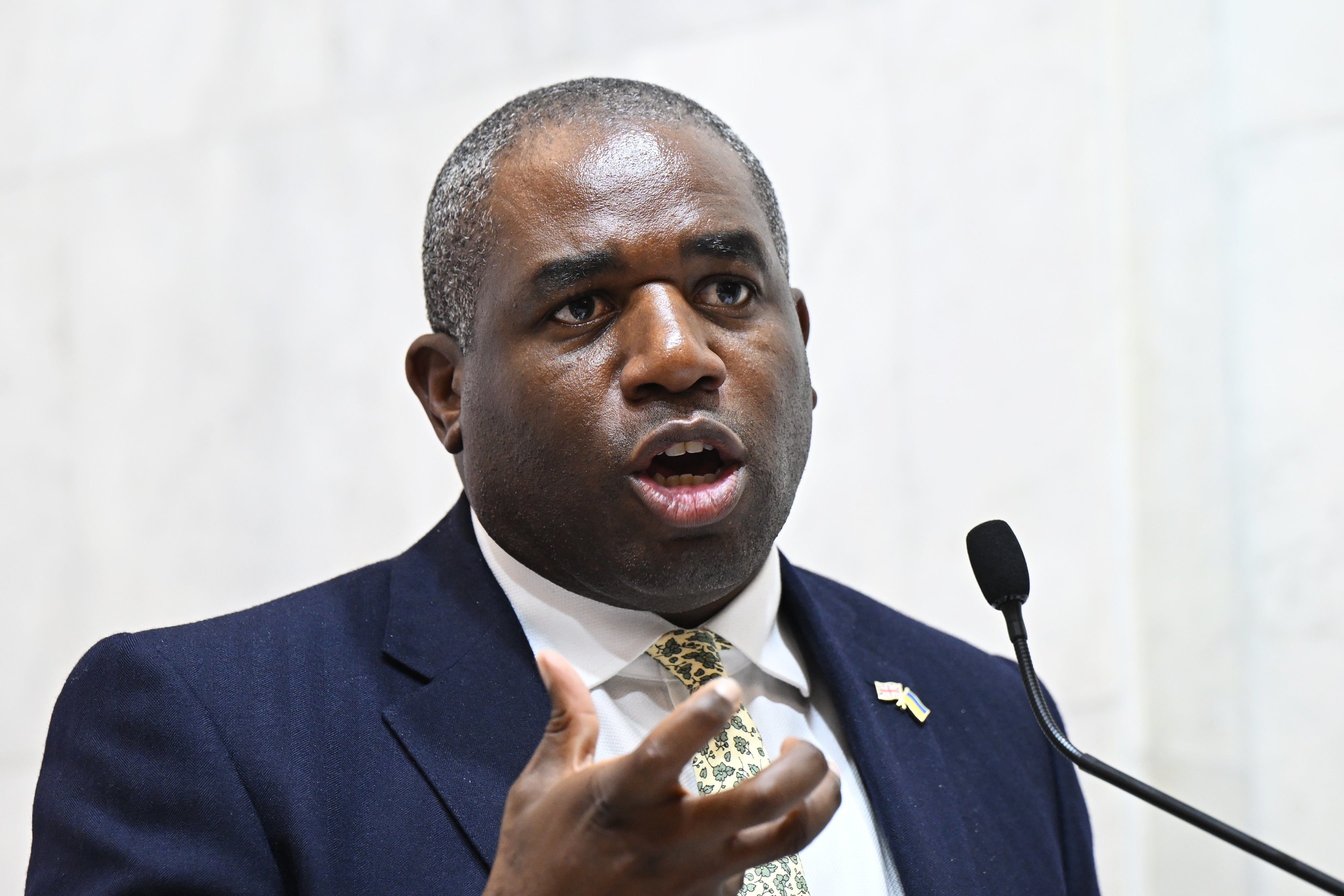The UN wants to influence a pluralist Syria – but will the country listen?
Share:
Syrians are suspicious after allegations of complicity with the brutal Assad regime during 14 years of civil war. The UN special envoy for Syria will urge the security council to back a transition to a pluralist democratic Syria, but faces resistance within the country. The interim government fears the lifting of sanctions will be tied to excessive demands imposed by the west, with suspicion of the UN deeply embedded after what are seen as its failures during 14 years of civil war.
![[Travellers are welcomed as they exit the Damascus international airport.]](https://i.guim.co.uk/img/media/80238d1a01fe785f3f561c98f7a10022d5666c55/0_441_6621_3973/master/6621.jpg?width=445&dpr=1&s=none&crop=none)
Ahmed al-Sharaa, the country’s de facto leader, has told Gulf and western states that his group, Hay’at Tahrir al-Sham (HTS), long ago transformed itself from a Salafi jihadi group in Idlib province to a technocratic force willing to accommodate all Syrians.
Western leaders and the UN, however, are reluctant to go further than temporary waivers on some sanctions without clearer guarantees about the nature of the transitional government due to take power in March. The German foreign minister, Annalena Baerbock, last week insisted during a visit to Damascus that Berlin could not fund a Syria under Islamist structures, saying women’s rights were the yardstick by which HTS will be judged.
Syria may face no choice but to accept Europe’s blend of carrots and sticks – a similar warning will be issued when European leaders meet with the US in Rome on Thursday to discuss sanctions waivers – but it may be more resistant to take lectures from the UN.
Rahaf Aldoughli, a Syrian specialist at Leiceister University, said the UN’s unpopularity is such that some civil society groups are reluctant to enlist its help. “Such were the atrocities, and so prolonged was the conflict, you feel you cannot approach the UN for help because it failed you,” she said.






















